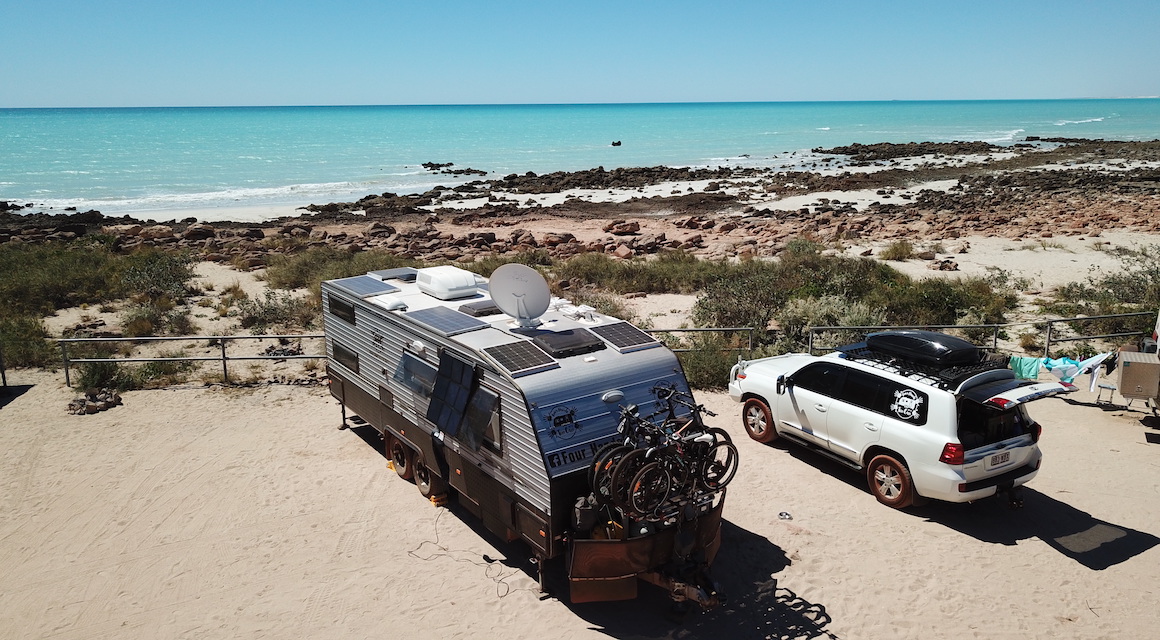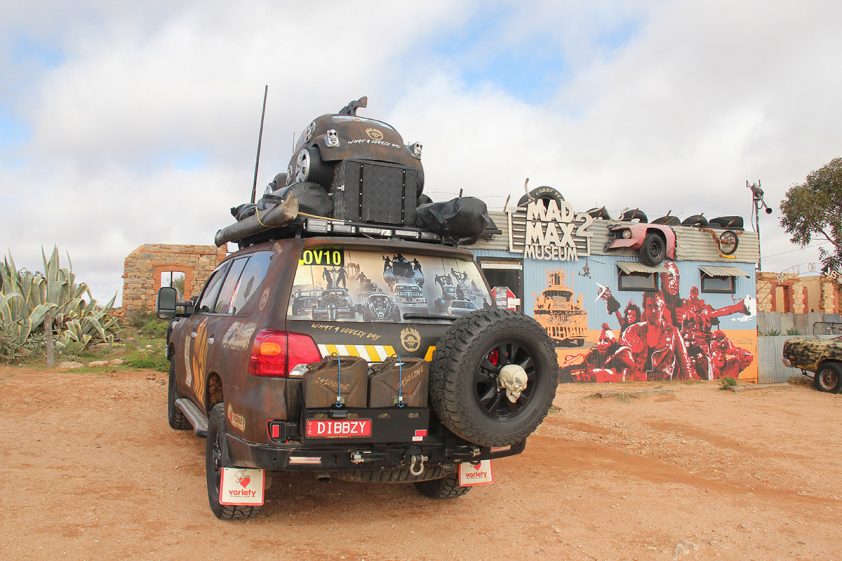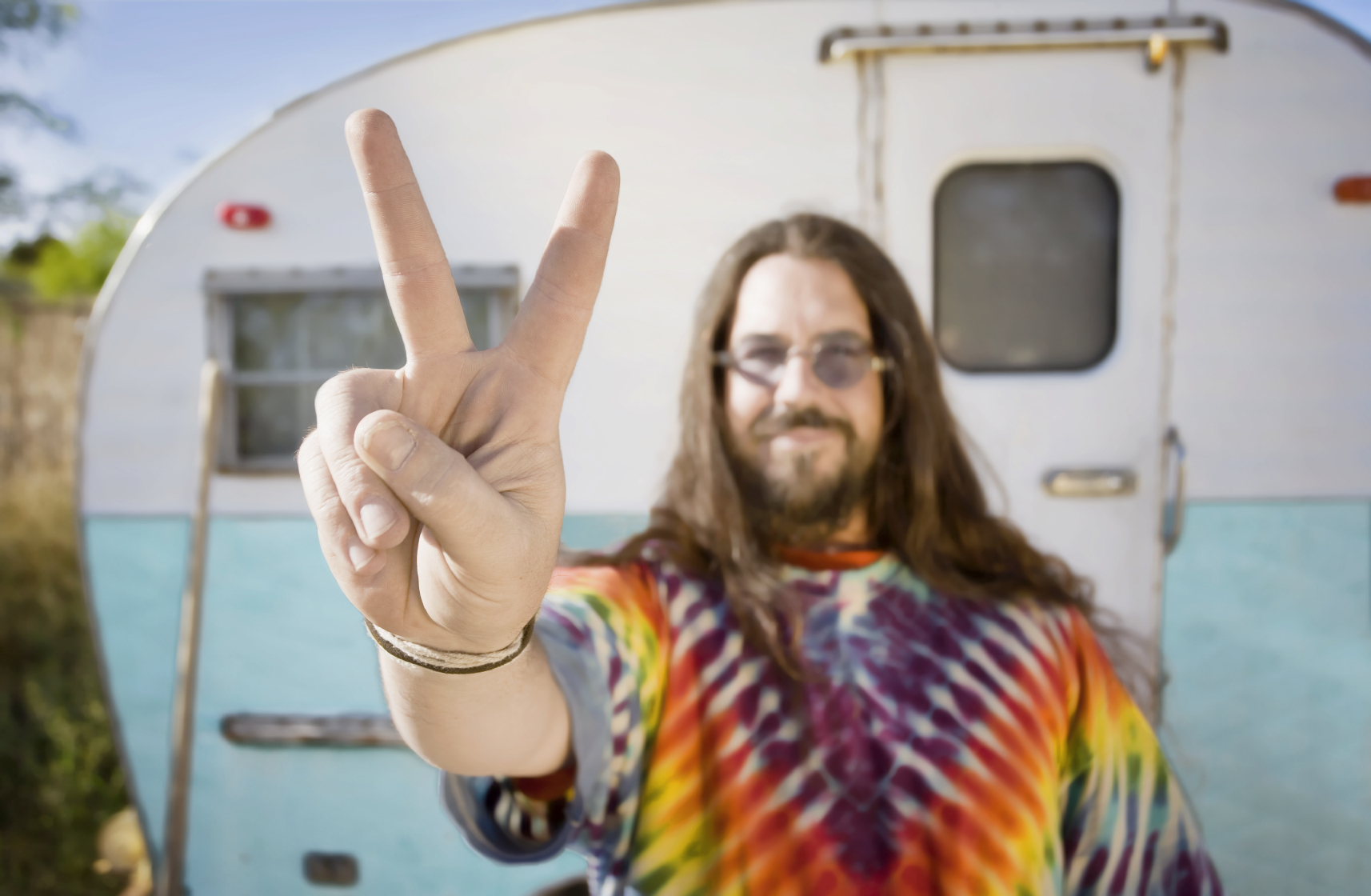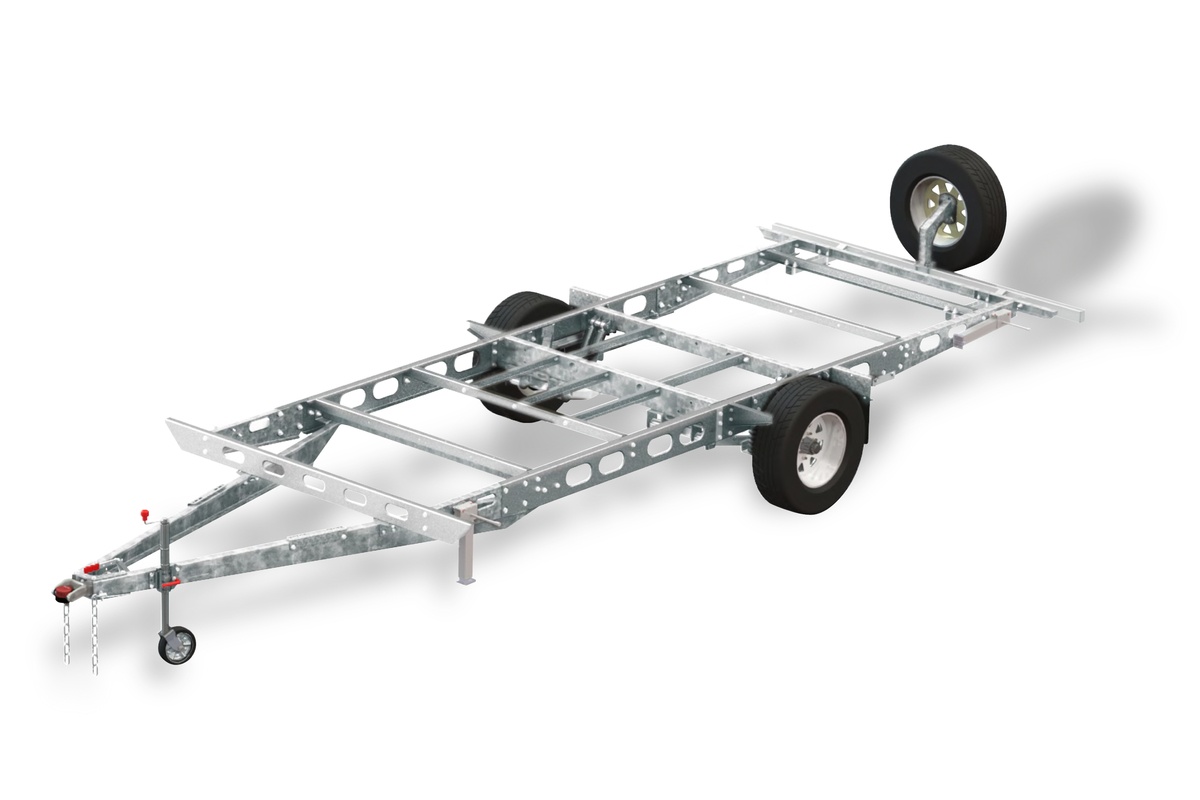A few common-sense ways to drive your dollars further when on tour.
When on tour, it’s tempting to look for ways to save money. Fair enough, too. Until they work out how to make it grow on trees, money is hard to come by, and we all want to stretch it as far as possible.
There are plenty of common-sense ways of saving money when exploring Australia, and that’s what we’ll look at here. But there’s one important caveat first: not everything is about money. If the idea of saving money ends up costing you memories, it’s time to rethink things.
UNDERSTAND YOUR EXPENSES
First, I recommend keeping a spreadsheet of your expenses to keep track of where your money is going. Everything you buy goes on the spreadsheet, from that burger at the Curtain Springs roadhouse to the cost of admission to Uluru-Kata Tjuta National Park. However, don’t do this for the entire trip. Instead, maintain your spreadsheet for a few weeks. Any longer and it will become a point of angst.
You will then have a kind of blueprint of your general expenses, making it easy to identify the things that can be cut back. It will also provide you with a realistic idea of how to budget the remainder of your trip.
The fact is that when on tour, money tends to run through our fingers. It’s all too easy to spend $10 here and $20 there on items we think we need or want at the time – and that money adds up into the hundreds very quickly.
The simple act of understanding how you are spending your money – via a spreadsheet – and making conscious decisions on whether the money is being spent well, will make the world of difference to your hip pocket.
You could take it a step further by allocating a weekly budget and transferring that money into a separate account. When that money is gone, it’s gone, and you’ll need to live with the consequences of how you spent it.
Further, why not compile an estimate of your expenditure before starting out? That way, as you’re tracking your spending, you can compare your expectations against reality.
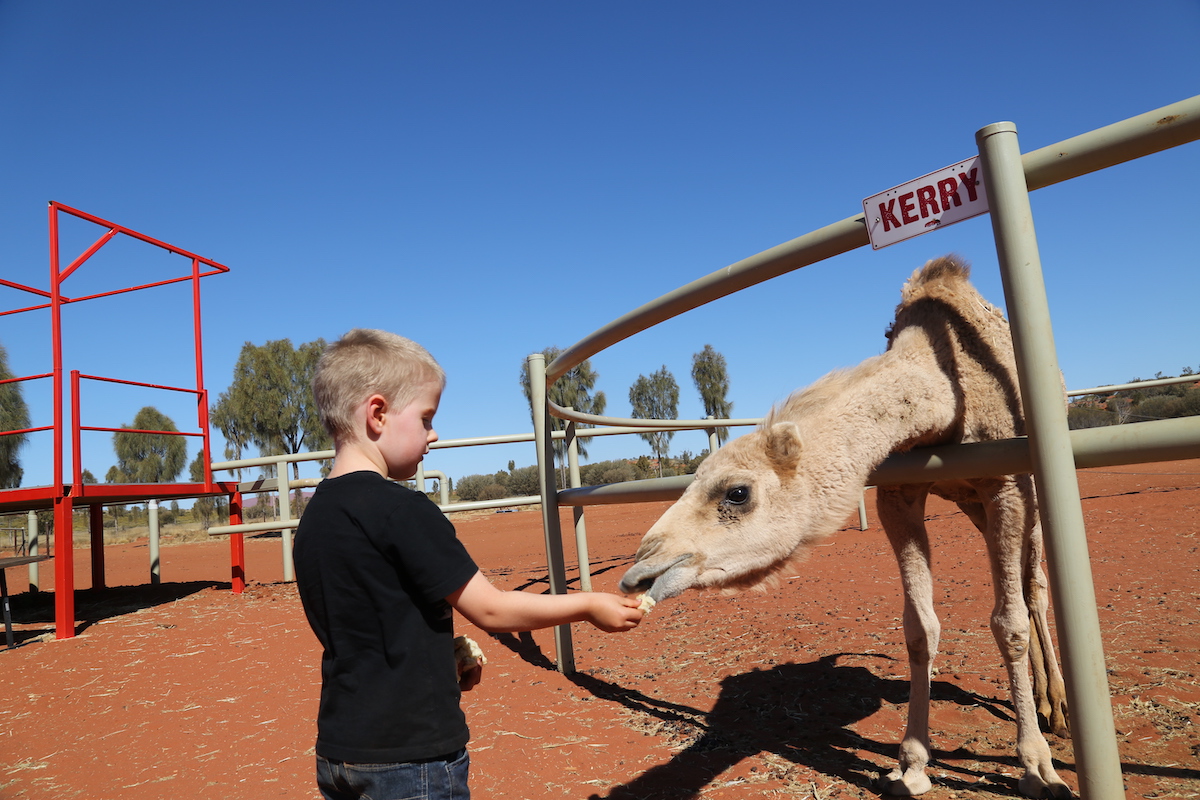
MAKE YOUR OWN MEALS
Your RV has a kitchen for a reason, so use it. I know it sounds obvious but every time you choose to eat at a restaurant, you’re choosing to spend much more money than is necessary. By simply spending, say, $100 at a local supermarket, you could have the ingredients for five nights worth of meals or more, while that same $100 would be gone after one restaurant meal.
But I’m not a total tightwad. Of course you should eat out, if you can afford to. That is one of life’s great pleasures and seeing new places is part of the whole point of travelling. I’m just saying to moderate things. Again, look at your spreadsheet. That will tell you very quickly how many times you can truly afford to be spending big at restaurants rather than making a meal in the comfort of your caravan’s kitchen.
OFF-PEAK ADVENTURES
Finally, don’t travel in the peak season if you can avoid it. Peak, or tourist, season, is when the crowds are at their busiest and the prices are at their highest. I recall trying to book into a holiday park over the Christmas period and was advised that a simple powered site booking would cost $750 and I had to book for a minimum of eight nights!
Travelling off-peak might, at first, seem slightly less attractive. The weather might not be as good and some attractions might not be open. However, many campgrounds will be less busy and you’re virtually guaranteed a better site. Further, holiday parks in an effort to attract customers may even offer special rates or accommodation packages.
Do a little research as even travelling in the shoulder season – the weeks leading up to peak season – could yield some surprising benefits without you having to compromise too much on the weather or attractions.
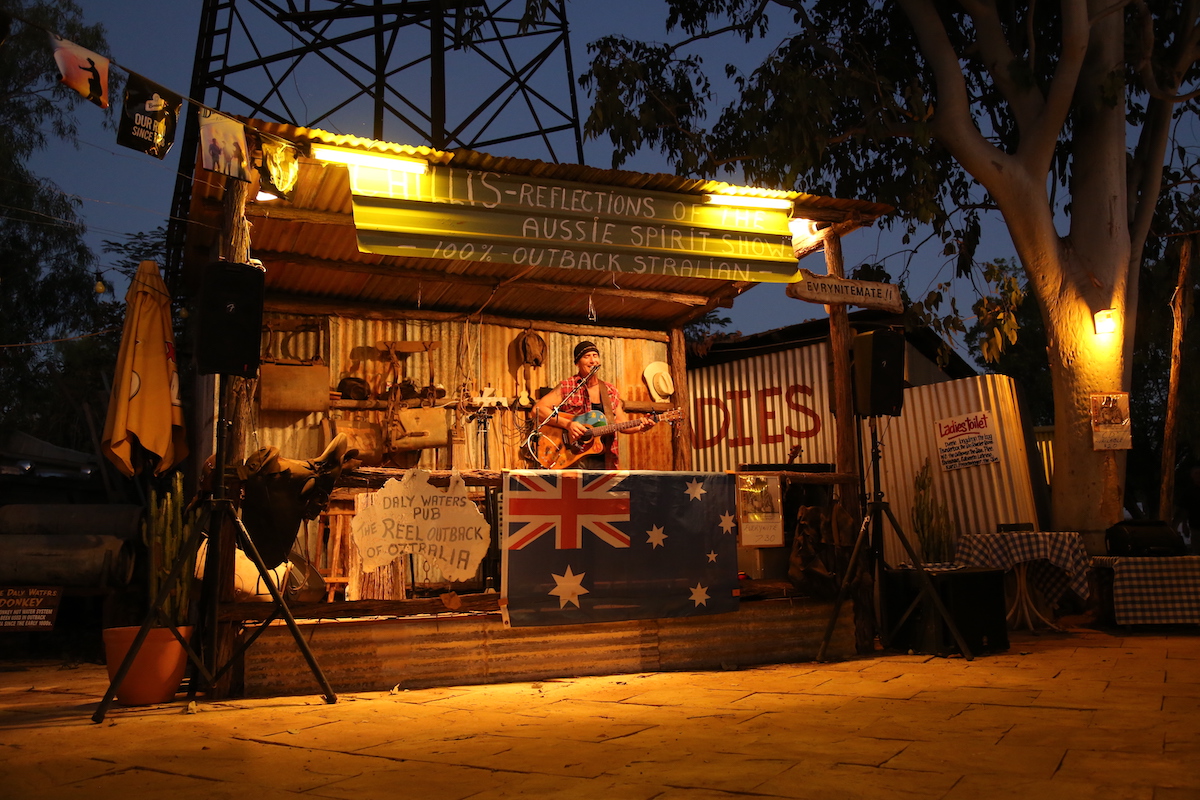
SUMMING UP
As mentioned, the last thing you want to do is sacrifice potential memories for the sake of saving a few bucks. However, as we’ve seen, by employing a few simple rules, tips and tricks, it isn’t difficult to drive your dollars further. This, in turn, might even allow you to stay longer on the road and make even more memories!
MEET THE AUTHOR

Max Taylor
Max Taylor has been caravanning since he was a kid and was the editor of some of Australia’s most well-known RV publications for almost 10 years.

